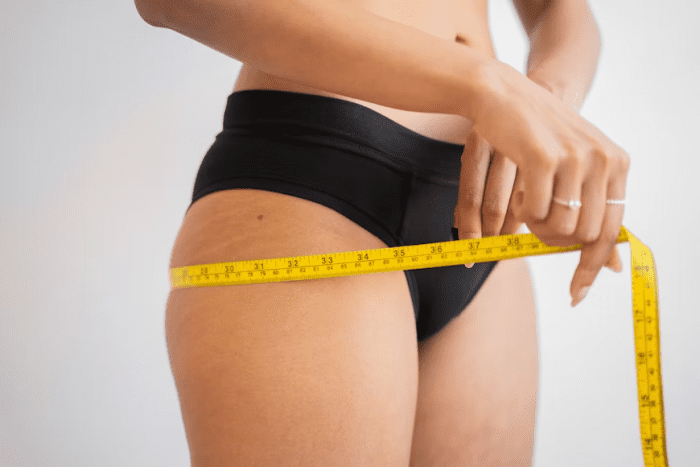
Obesity and Insulin; the greatest’s love affair of our generation.
When and how often we eat does matter. The modern SAD (Standard American Diet) includes 3 meals daily and many between-meal snacks. We eat all the time! We never give our bodies a chance to burn fat. The chart above shows our blood insulin levels on the SAD diet.
The modern SAD diet – doing it wrong. Eating all the time keeps our insulin levels at excessively high levels. In the history of the world, this is a first. Never before has there been such an abundance of food.
Today we literally eat for recreation!
There was a time not too long ago when this was not true. We can look back at these years and learn some valuable lessons.
For example, in the 1950s and 60s, there was no obesity crisis; people ate 3 meals a day and NO in-between meal snacks. Their insulin releases looked like the chart below. Take a moment and compare the chart below to the one above.

It pays to give our bodies a break from too much insulin.
Many people find that one of the worst things about being on a diet is food cravings. When on a low-carb diet, do you constantly think about bread? Or chocolate? Or ___?____. I am sure there are many examples. By combining fasting and diet, you can eat what you want (within reason), lose weight, and have no food cravings. I have been on a fasting and diet plan for over 14 months; during this time, I have not had one food craving! And I have lost over 20 pounds!
Update: As of 7/22, 21 months on the plan, I have lost nearly 30 pounds and still have had no food cravings. I am sure I can continue this lifestyle for many years to come.
I would love to share more information on weight loss with you. Also, I would love to hear your story. Please feel free to use the email link below to get in touch with me to chat or to set up a complimentary phone consultation.
Lovethisdietplan@gmail.com
Please note I am not a doctor or dietitian, and the information provided is from my personal experiences, successes, and failures. Before starting any diet or making significant changes in your dietary lifestyle, always check with your doctor or health care professional.



